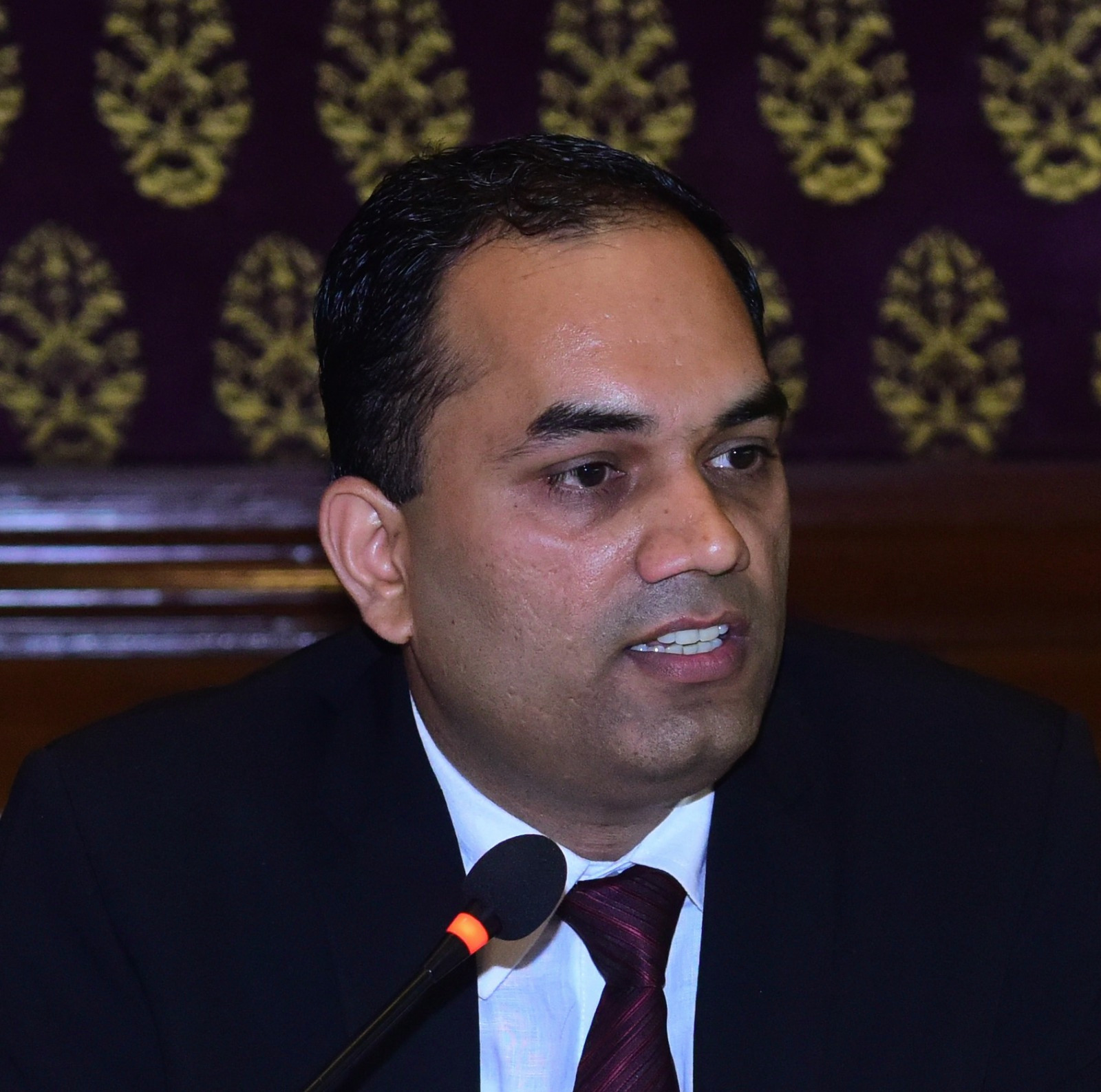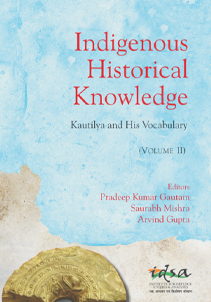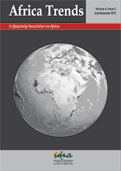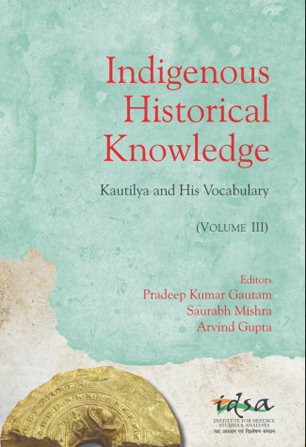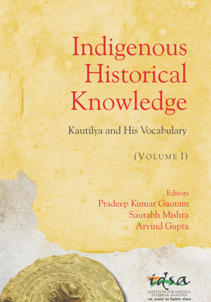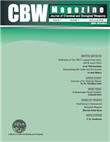Indigenous Historical Knowledge: Kautilya and His Vocabulary (Volume II)
- Publisher: Pentagon Press
This book is the second in a series of three volumes on “Kautilya and His Vocabulary” as a part of the “Indigenous Historical Knowledge” project undertaken by the Institute for Defence Studies and Analyses (IDSA), New Delhi. These volumes aim at initiating the study, internalisation, spread and consolidation of Kautilya's Arthashastra in the strategic domain. The four focus themes in the three volumes are foreign policy, intelligence, war and internal security as they relate to contemporary times.
- ISBN 978-81-8274-866-8,
- Price: ₹ 695.00
- E-copy available
- P. K. Gautam, Saurabh Mishra, Arvind Gupta |
- 2016 |


